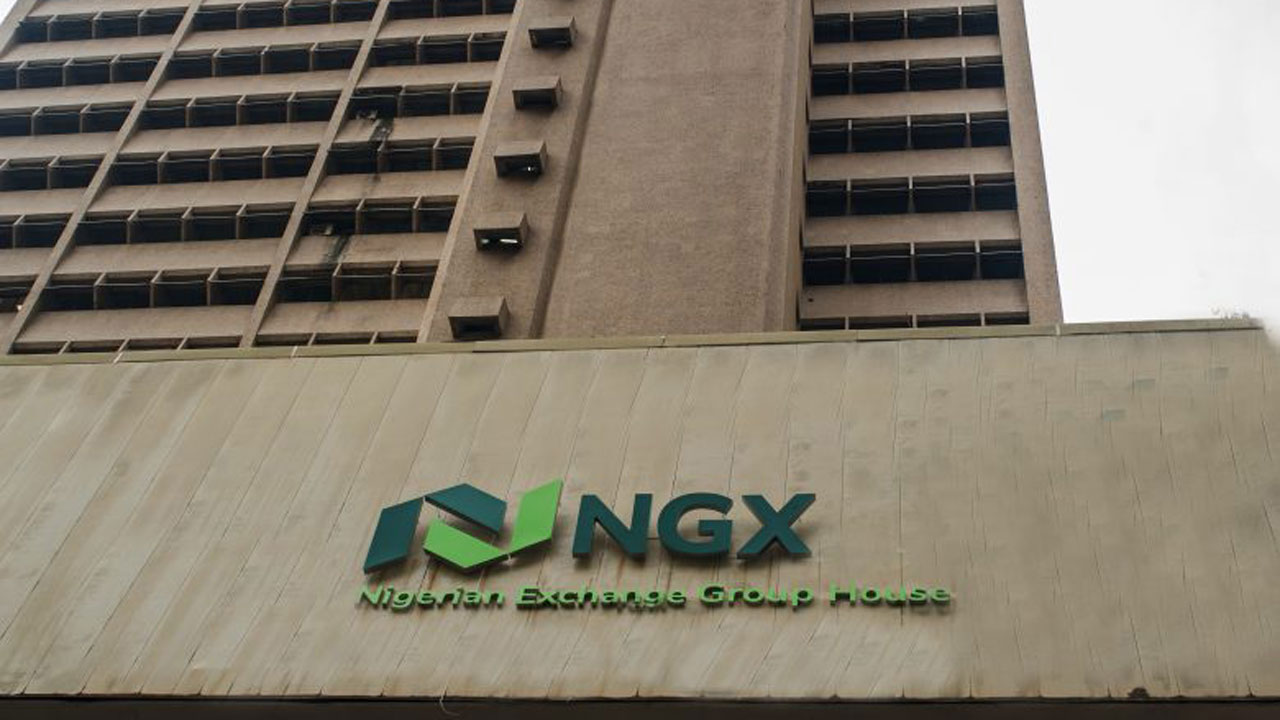Secondary market yields stabilized as investors slowed their purchases of Nigerian government bonds. Trading momentum slowed, and the average yield on the secondary market of government bonds was flat at 6.60%.
Local deposit bank activity against the Central Bank of Nigeria’s (CBN) permanent credit facility has also declined due to healthy liquidity in the financial system. Despite the settlement of the FGN bond auction, system liquidity ended above £900.25 billion, analysts report.
After that, short-term benchmark interest rates fell due to high liquidity, and funds are expected to flow in this week as well. It has a solid funding profile within the system. The Nigerian Interbank Offered Rate (NIBOR) fell for most maturities in the interbank market.
Open repo and overnight rates fell to 11.50% and 11.90% respectively from previous levels of 11.60% and 12.20%.
In addition, the three-month interbank auction rate fell 32 basis points to 13.18%, according to a market report from Cowley Assets. Inflation has clouded the real yield of bonds in the local bond market. The Nigerian Naira’s depreciation also weighed on market participants’ expectations, weighing on the real return on investment.
Trading momentum slowed, and the average yield on the secondary market of government bonds was flat at 6.60%. Local deposit bank activity against the Central Bank of Nigeria’s (CBN) permanent credit facility has also declined due to healthy liquidity in the financial system.
Analysts said in a report that system liquidity ended above £900.25 billion despite the settlement of the FGN bond auction. After that, short-term benchmark interest rates fell due to the large amount of liquidity, and funds are expected to flow in this week as well.













